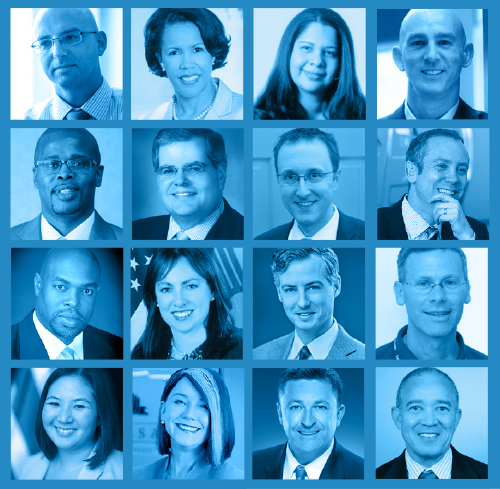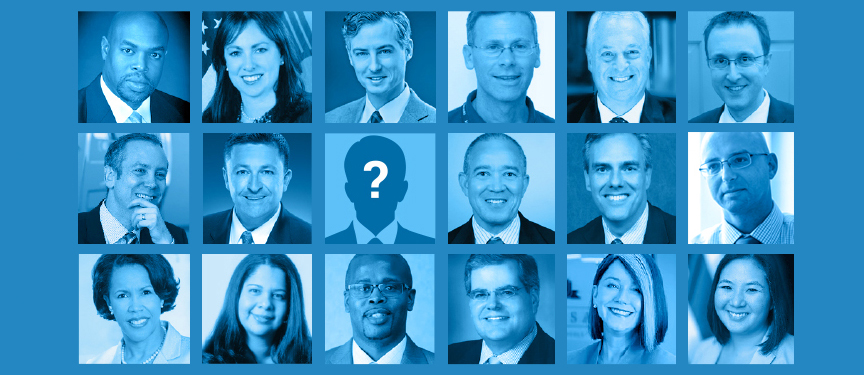
SUBSCRIBE
TO MONTHLY UPDATES
We'll send you information that
will keep you up to date on CFC

Andrea Castañeda recently joined Tulsa Public Schools as the district’s chief innovation officer, working alongside Chiefs for Change member Superintendent Deborah Gist. Castañeda brings with her deep and broad experience at both the state and district levels. She is a member of Chiefs for Change’s inaugural class of Future Chiefs.
Tulsa is coming to be known as a place to watch for education reform and innovation. Where’s the place to go in Tulsa to get a good cup of coffee and to talk schools? And what’s your drink?
In Tulsa, we aren’t stopping long enough to sit down for a cup of coffee! If we were going to grab a cup, it would be cappuccino to-go at Double Shot. But the truth is that the work is so inspiring that I wake up energized: no caffeine needed.
Talk about your education and background and how you chose this career path.
I grew up in tiny towns in Oregon, Idaho, and Montana. I was the first woman in my family to graduate from college, and my experience was like that of many first-generation college students: I was isolated, unprepared, and didn’t have enough money to participate in the hum of everyday college life. My rural public education both served and failed me—it helped me develop a strong core identity but had left me without core academic skills. Once I realized this, I became doubly determined to graduate. The experience also set my life course: helping our youth find their purpose and achieve success.
What is the potentially biggest game-changing innovation going on in Tulsa Public Schools right now?
I am about to retire the word “innovation” from my vocabulary. It sounds like strokes of inspiration that come only to the naturally brilliant. Innovation isn’t a single thing: It’s an idea supported by great on-the-ground conditions and chased by a dedicated team. Tulsa is earning a place on the map because of our conditions: We have community leaders full of ideas with heartbeats. We have best-in-class, universal pre-kindergarten and free college for public high school students. We have a committed and generous community, and we definitely have a gritty team with a passion for communities and youth.
Like many urban districts, your leadership has been speaking out about the need to keep DACA protection for our “Dreamers.” Talk about how DACA makes schools and communities stronger.
Most of us in this country can look backward not more than one generation to find family members whose sacrifices and struggle made our achievements possible. This is certainly true for me. DACA isn’t merely a matter of strengthening schools and communities. It’s about holding tight to a deep sense of our own humanity and in seeing the humanity in everyone around us. We are deeply connected to and dependent on each other. When the chips are down, we have to fight for everyone’s right to safety, respect and pursuit of happiness. That is what we do in Tulsa and what I commit to, forever.
And in honor of the Dreamers, what were your dreams as a young person?
During my teenage years, I didn’t dream so much as develop a sturdy plan to go into politics. At 16, Senator or Governor Castañeda had a nice ring to it. But beyond adolescent dreams of fame and glory, my ambition was driven by my family’s ethic of service: I wanted to make our country even stronger and more just. Over the years, my plans changed, but my commitment to service and justice remained.